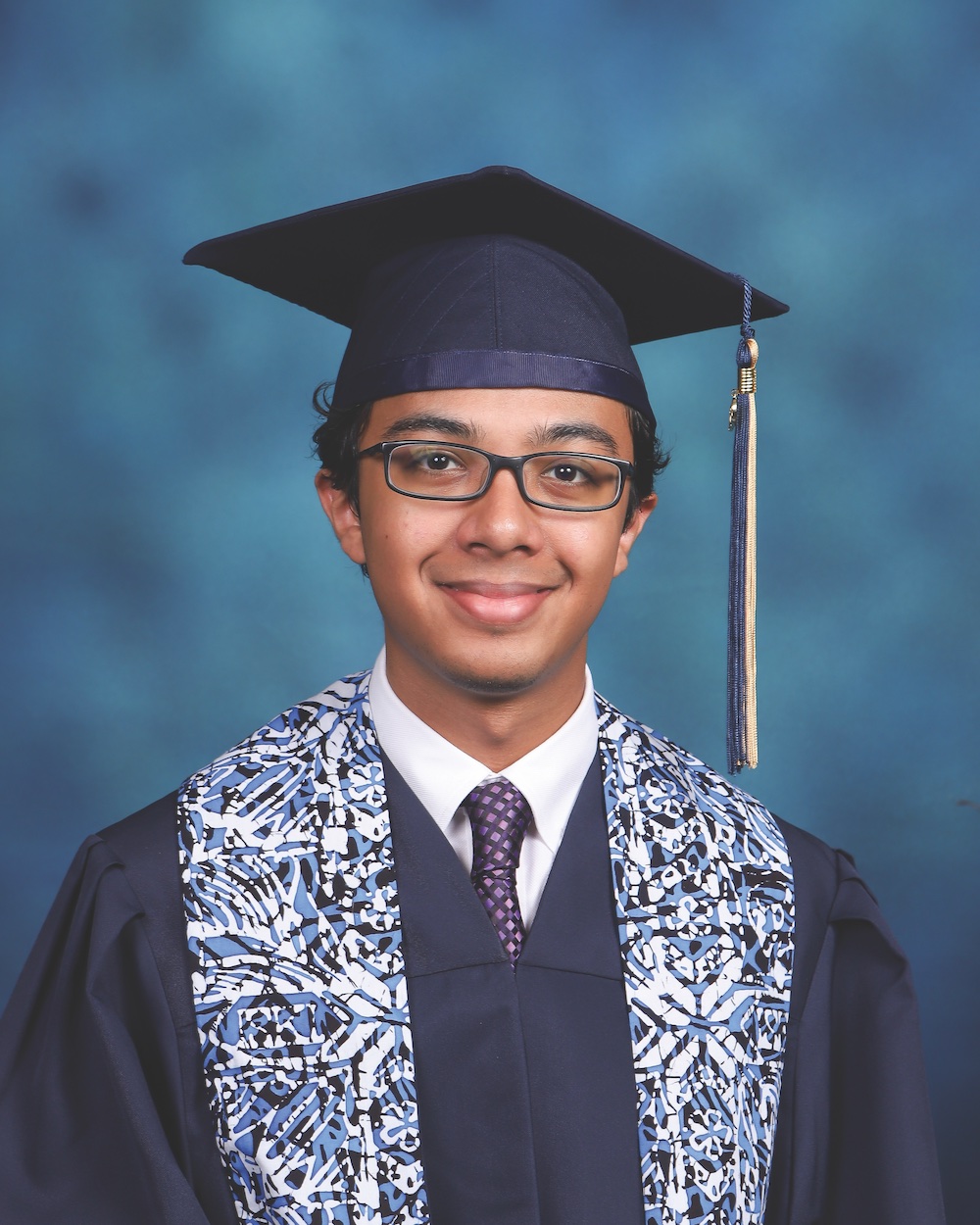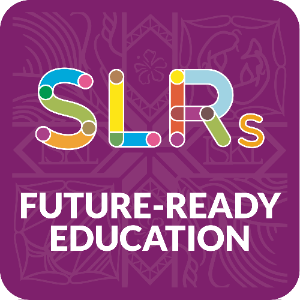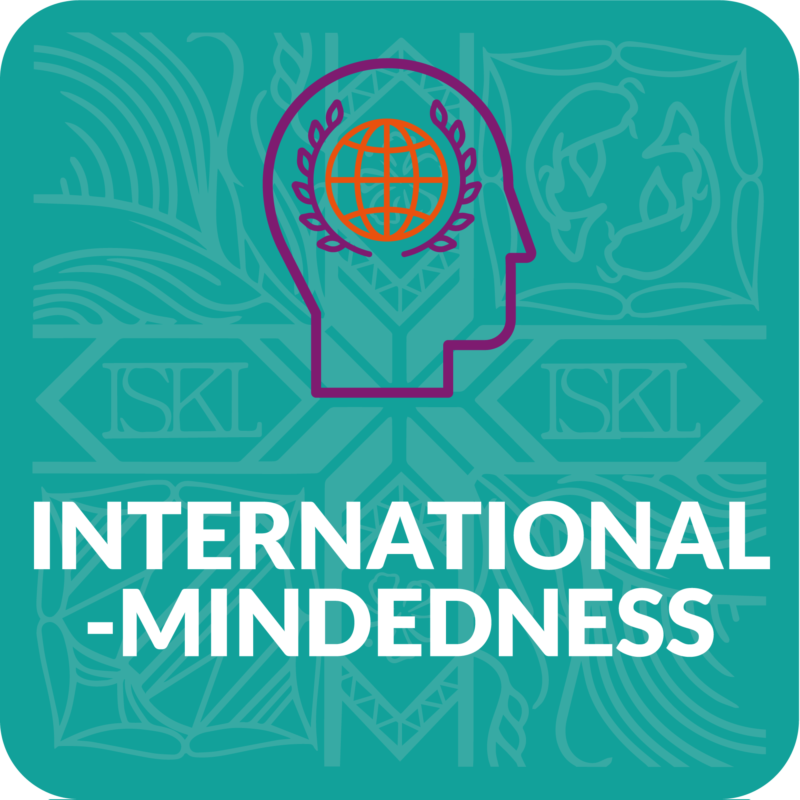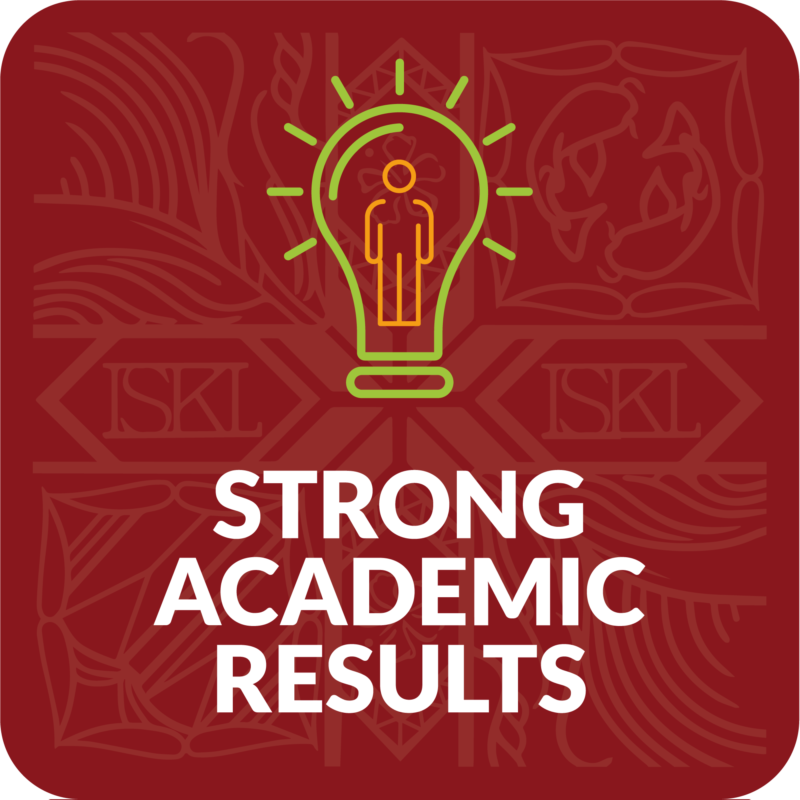The International School of Kuala Lumpur’s (ISKL) Class of 2020 graduate and valedictorian Tanmay Gupta achieved a perfect score of 45 points in his International Baccalaureate (IB) Diploma results. The global average is typically around 30 points. Thanks to these impressive results, Tanmay will be taking the next step of his educational journey by studying Astrophysics at the California Institute of Technology.
How did he do it? What tactics and strategies did he use to excel at this rigorous program, and what can current and prospective IB students learn from him? Tanmay, an ISKL Lifer who has attended the school from Prep Junior all the way up to High School, shares his insights.
TANMAY’S TIPS FOR THE IB DIPLOMA
An important component of the IB Diploma is the Core, which comprises Theory of Knowledge (TOK), the Extended Essay (EE) and CAS (Creativity, Activity, Service).
Tanmay advises students to take advantage of available resources, for example, making sure to spend EE Week wisely. This takes place a week after the end of Grade 11 and gives students time to focus on their EE. “Summer is just starting and you may not feel like doing your EE, but you should use this time to get it out of the way. You really don’t want to rush your EE the day before it’s due – your supervisor and examiner will be able to tell. Choose a topic you enjoy and something you genuinely want to learn about, so it comes through in your reflections. Writing the EE is great practice for university, where you will definitely be writing a lot more 4,000-word essays,” said Tanmay.
He continued to give advice on the TOK course, saying it’s all about one’s approach to learning. “TOK is not your typical class where you learn a concept and then apply it. The best way to really understand it is to engage; ask questions in class, throw ideas out there even if you know they’re wrong, or start a discussion. You have to be comfortable with the fact that there is no right or wrong answer.”
 THE KEY TO THE IB DIPLOMA: PRIORITIZATION
THE KEY TO THE IB DIPLOMA: PRIORITIZATION
With a mountain of work ahead for IB students, it may seem like they only have time for studying, but Tanmay shares his way around that. His advice? Prioritize! “You know yourself best. Some things are a breeze so you can go over your revision notes once, while other subjects might be harder and you’ll need to spend more time on that.”
Foreseeing challenges and working to solve them in advance is his big tip for studying. “If you know you have a test coming in two weeks, don’t study the day before. Go see your teacher, get extra help after school, and find other explanations that make sense to you. Doing this makes sure that you aren’t crammed for time.”
Although he achieved a perfect score of 45, there must have been something that Tanmay felt he needed to improve. When asked what he would’ve done differently, he had one word – sleep! “Sleep really helps you with your memory. The IB can be stressful at times, so sleep helps you relax, take a break from it all, and get ready for the next day. Also, realize that it’s okay to take a break. You might feel guilty about taking time off when there’s so much to be done, but it’s important to step back and recenter yourself.”
TANMAY’S TEST-TAKING TIPS
One of the biggest challenges of the IB is how students are tested. He shared an approach to test-taking that worked well for him: “When you get a test, take a couple of minutes, look through it, and tackle the easy questions first. Even if the harder questions require more time, you want to get as many points as quickly as you can. For multiple-choice tests, a good time-saving strategy is to write down your answers first, and then transfer them over in groups, so you don’t waste time searching for the right bubble.”
He also emphasized that students should not make themselves more stressed. “Don’t overcomplicate it, especially if you’re doing a Science Internal Assessment. Make sure you allocate time for your experiment to go wrong because Science experiments are always unpredictable. Give yourself time to do extra trials or change variables if things don’t work out.”
PLANNING THE FUTURE – UNIVERSITY APPLICATIONS
What can be most daunting for some students is having to balance the present with preparing for the future. Tanmay said, “Your best resource for university applications are your counselors; they know everything, and they’ve gotten us to where we need to be. So go talk to them and let them know where you’re planning to apply. Even if you’re unsure, just throw your ideas out there.”
Another key to the process is organization. Tanmay continued, “Set deadlines for yourself. Decide what day you’re going to submit each of your applications, and stick to it. If you run overtime, talk to your counselor to make sure they don’t pile up, especially with the rest of your work. Be creative, and reuse college essays if you can.”
FINAL TIP – FINDING BALANCE
Tanmay left us with some words to live by: “The IB may feel like the longest two years of your life. Remember these two years are yours to take; make the most of it, go to events, hang out with your friends, and make new ones. Make sure you have a creative or active outlet – something that’s a great stress buster, that gets you away from the monotony of school and studies. The IB is important, but don’t forget the rest of your life!”
Ebony Manning, ISKL’s International Baccalaureate (IB) and Advanced Placement (AP) Coordinator said, “To achieve balance in the IB, it is best to think about the components of the program as a set of tools you can take advantage of to enhance your own learning and who you are as a person, rather than a standard of measurement to live up to. Get all you can out of the IB, but draw from other sources in life as well, knowing that regardless of your final score, the skills and passions you are developing at this time will make the biggest difference in your future.”
This year, 100 students from ISKL were among over 170,000 students around the world to pursue the IB Diploma Programme. ISKL outperformed the worldwide IB Diploma average score by over five points with a Diploma average of 35 points. Two students from ISKL, including Tanmay, were among 142 students worldwide to achieve a perfect score of 45 points, placing them in the top one percent of IBDP candidates worldwide. In total, 24 percent of ISKL students scored 40 or more points, which typically places them in the top ten percent of worldwide results.
The IB opens doors everywhere around the world so that our future-ready students can continue to be international learners and open-minded global citizens. ISKL wishes all future IB Diploma candidates the best of luck!
Find out more about ISKL’s IBDP program on our website.
To learn more about our approach to learning and what exactly it can help our students achieve, click the link below to read our interactive eBook “Unpacking ISKL’s Curriculum: Learning Stories”.
ISKL is currently offering two International Baccalaureate Diploma Programme (IBDP) Scholarships for Sijil Pelajaran Malaysia (SPM) leavers.
Applications for the IB Scholarship are based on academic record, co-curricular involvement, and commitment to community service, with shortlisted applicants undertaking an entrance exam and panel interview.
Applications are now open at the ISKL Website.
About Ebony Manning
Ebony Manning is ISKL’s High School International Baccalaureate and Advanced Placement Coordinator with over ten years of experience working in education. Ebony has a MA Arts from and a BA in Philosophy. She also possesses the Georgia Educator Certificate.







